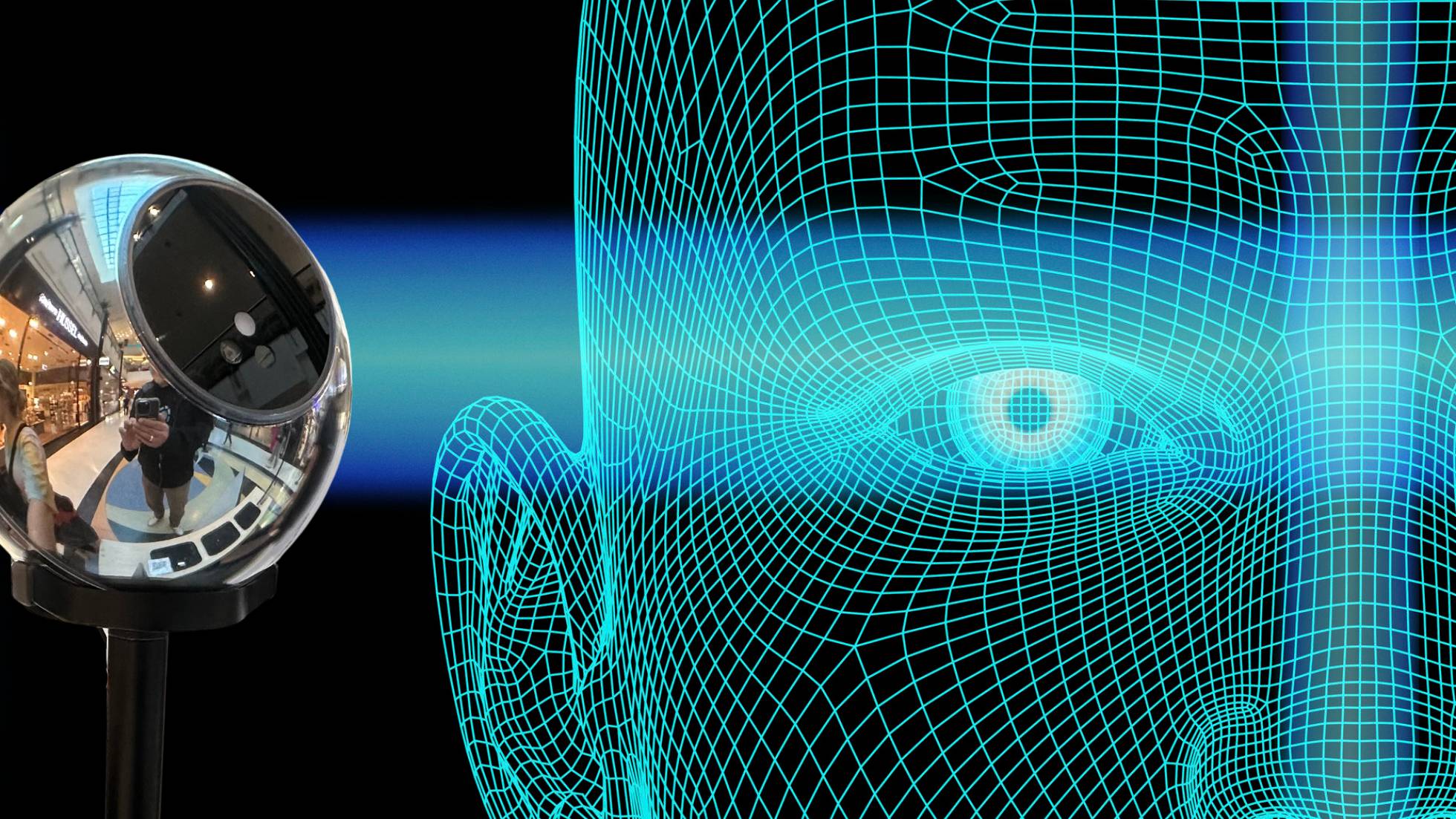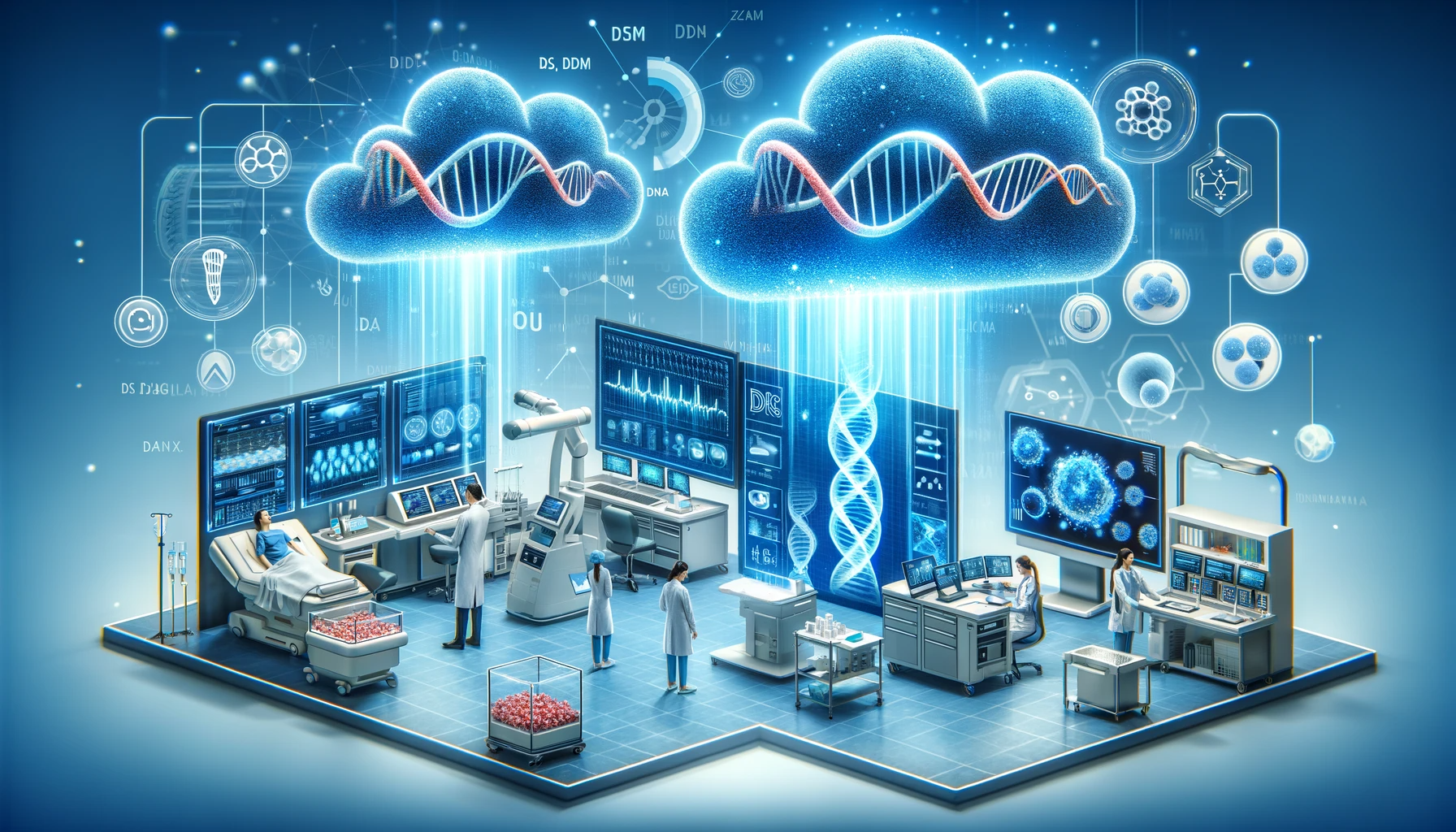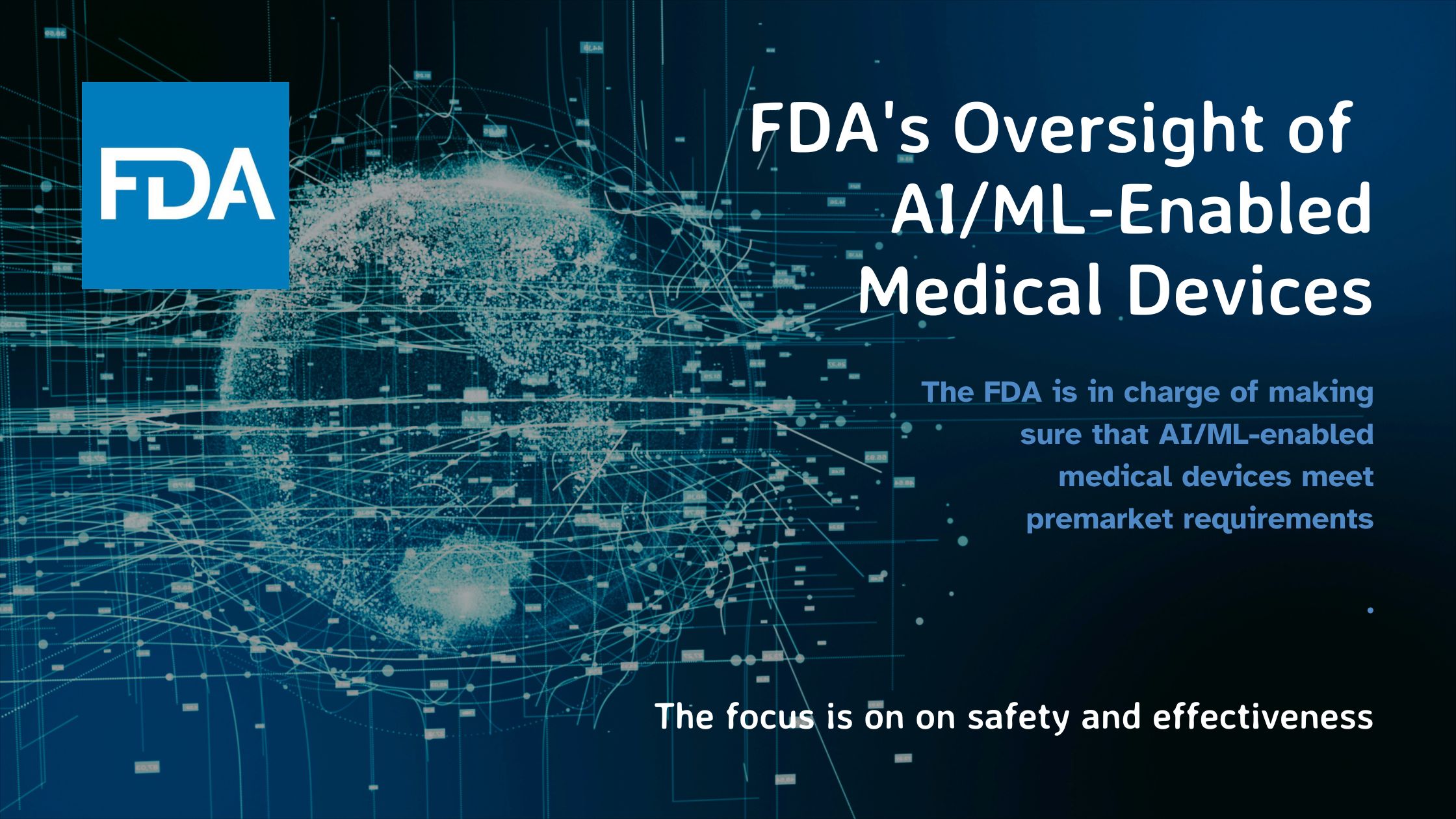A deep dive into the Worldcoin incident and beyond: In the wake of Kenya's suspension of Worldcoin, a project that sought to integrate biometrics with cryptocurrency, a critical question has arisen: How does public trust, or the lack thereof, affect the trajectory of innovative endeavors? This episode is a microcosm of a larger discussion that spans multiple sectors, from precision medicine to smart city development. A fundamental premise underlies this debate: the symbiotic relationship between trust in government institutions and the growth of research and innovation. A local media platform, KahawaTungu, reported that the officers broke into the Worldcoin warehouse located along Mombasa Road on Saturday, August 5, 2023.
The fragility of trust in an age of innovation
The Worldcoin event in Kenya highlights the fragility of public trust in new technologies. While the promise of a new coin attracted many, concerns about privacy and potential abuse overshadowed the project's unique features. Such events are not uncommon. Concerns about genetic privacy are raised by precision medicine, which tailors medical treatments to individual genetic profiles. Similarly, smart cities, which promise efficiency through surveillance, provoke disputes about individual liberties and data security.
According to philosopher and sociologist Bruno Latour, modernity is defined by an ongoing tension between the desire to innovate and the need to maintain trust in established institutions. The challenge, he writes in "We Have Never Been Modern," is to navigate this dichotomy without compromising either.
Science's reliance on trust
At its core, science is a systematic endeavor that generates knowledge. However, for that knowledge to have an impact, society must trust and accept it. Trust in government institutions is critical to this acceptance. Government support for scientific activities gives them legitimacy. Skepticism or outright rejection by these organizations, on the other hand, can hinder scientific progress.
In her book "Why Trust Science?", historian Naomi Oreskes argues that trust in research is not only about empirical data, but also about the social forces that produce them. Trust grows when these systems are aligned with government and community norms. When they're not, skepticism grows.
The devastating impact of distrust on innovation
Lack of trust can be detrimental to innovation. Innovation, especially that which pushes the boundaries of the known, requires public support. Without trust, that support is hard to come by. The consequences are many. Investors become hesitant, resulting in less funding. Talented people may avoid problematic professions, resulting in a brain drain. And without public support, even the most revolutionary technologies may fail to achieve scale and impact.
In her examination of emotions and social progress, philosopher Martha Nussbaum highlights the function of trust as an emotion that can either help or hinder social growth. In "Upheavals of Thought," she argues that a society lacking trust is stagnant and difficult to change.
Finding the way forward
The difficulty, then, is to find a happy medium. Innovators must be open, ethical, and committed to the values of society. Governments, on the other hand, must act as catalysts, fostering an environment conducive to innovation while addressing public concerns.
Finally, the Worldcoin episode in Kenya is a sobering reminder of the fine line between trust and innovation. As we stand on the brink of a technological revolution, the implications of this event are clear: trust is essential for innovation to flourish. As the philosopher Alfred North Whitehead put it, "It is the business of the future to be dangerous; and it is among the merits of science that it equips the future for its duties.
References
-
Latour, Bruno.
- Citation: Latour, B. (1993). We Have Never Been Modern. Harvard University Press.
- Latour questions the dichotomies of modernity, saying that the line between nature and society is more blurred than previously thought. He criticizes the Western narrative of progress, claiming that our view of modernity is based on false dichotomies between nature and society. The book explores the interdependence of science, technology, and society. available via Amazon
-
Oreskes, Naomi.
- Citation: Oreskes, N. (2019). Why Trust Science? Princeton University Press.
- Oreskes examines the basis for trust in scientific knowledge. She contends that trust in science is based not only on factual evidence, but also on the social processes that produce it. The book examines historical examples as well as the consensus-driven nature of scientific inquiry. available via Amazon
-
Nussbaum, Martha.
- Citation: Nussbaum, M. C. (2001). Upheavals of Thought: The Intelligence of Emotions. Cambridge University Press.
- Nussbaum examines the nature of emotions and their significance for human thought and well-being. She contends that emotions are not merely irrational reactions, but are inextricably linked to our beliefs and judgments. To present a complete knowledge of emotions, the book blends philosophy, psychology, and literature. available via Amazon
-
Whitehead, Alfred North.
- Citation: Whitehead, A. N. (1925). Science and the Modern World. Cambridge University Press.
- Whitehead addresses the emergence of modern science and its impact on philosophy and culture. He examines the development of scientific thought beginning in the seventeenth century, focusing on its impact on social progress and the contemporary worldview. The book also discusses the philosophical consequences of scientific discoveries. available via Amazon




